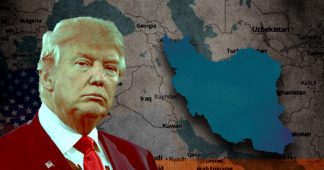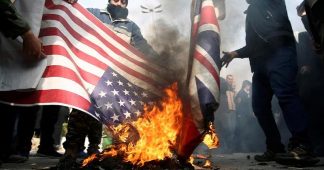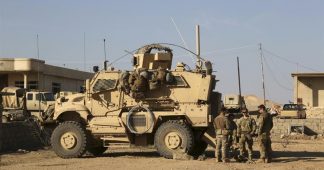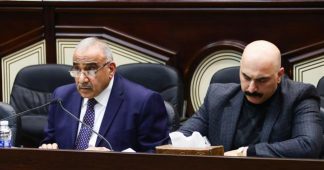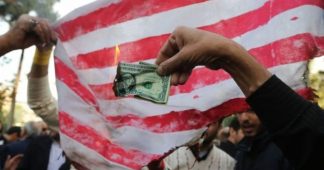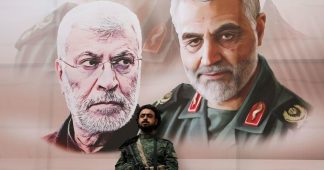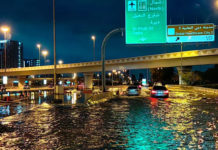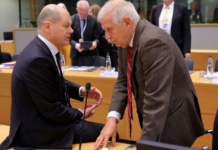Iraqi military and intelligence officials have raised doubts about who fired the rockets that started a dangerous spiral of events.
By
The white Kia pickup turned off the desert road and rumbled onto a dirt track, stopping near a marsh. Soon there was a flash and a ripping sound as the first of the rockets fired from the truck soared toward Iraq’s K-1 military base.
The rockets wounded six people and killed an American contractor, setting off a chain of events that brought the United States and Iran to the brink of war.
The United States blamed an Iraqi militia with close ties to Iran and bombed five of the group’s bases. Angry Iraqis then stormed the American Embassy. The United States then killed Iran’s top general. Iran then fired missiles at American forces and mistakenly shot down a passenger jet, killing 176 people.
But Iraqi military and intelligence officials have raised doubts about who fired the rockets that started the spiral of events, saying they believe it is unlikely that the militia the United States blamed for the attack, Khataib Hezbollah, carried it out.
Iraqi officials acknowledge that they have no direct evidence tying the Dec. 27 rocket attack to one group or another. And elements of Iraq’s security forces have close ties to Iran, which might make them reluctant to blame an Iranian-linked force.
American officials insist that they have solid evidence that Khataib Hezbollah carried out the attack, though they have not made it public.
Iraqi officials say their doubts are based on circumstantial evidence and long experience in the area where the attack took place.
The rockets were launched from a Sunni Muslim part of Kirkuk Province notorious for attacks by the Islamic State, a Sunni terrorist group, which would have made the area hostile territory for a Shiite militia like Khataib Hezbollah.
Read more at https://www.nytimes.com/2020/02/06/world/middleeast/iraq-iran-hezbollah-evidence.html
